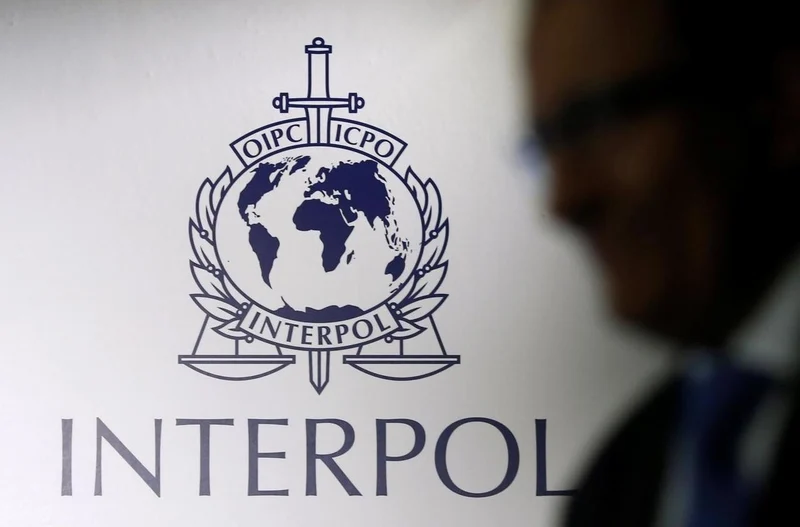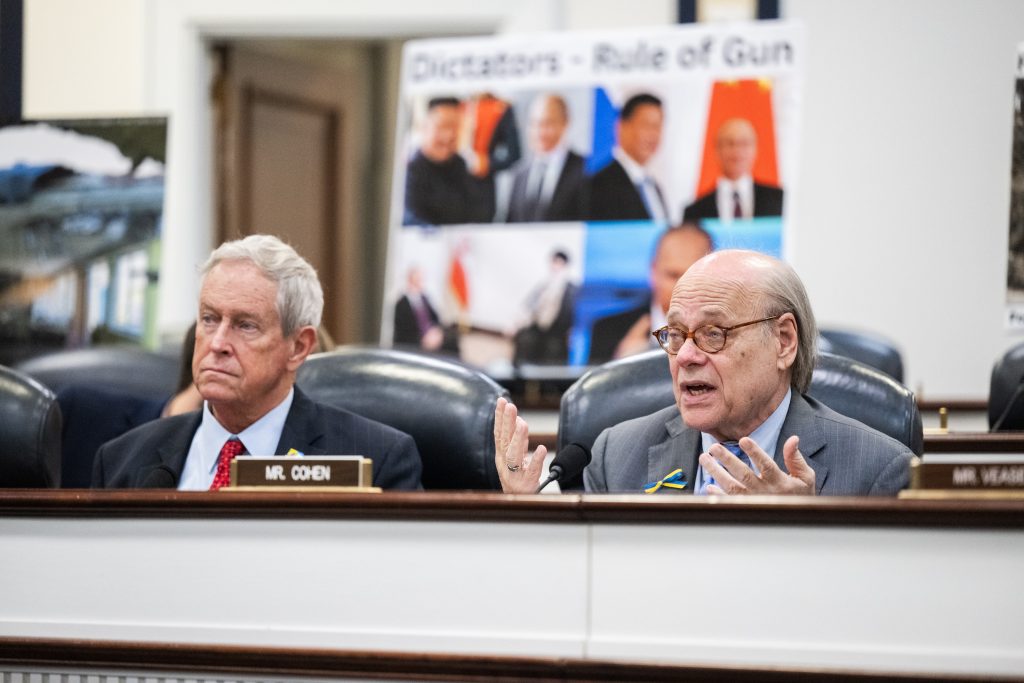Mr. President, this week in Budapest there are two events of particular interest to Americans. First, Hungary has unveiled a statue of President Ronald Reagan in front of the U.S. Embassy in honor of his contribution to the goal of ending communist repression and commemorating the 100th anniversary of his birth. Second, Hungary dedicated the Lantos Institute, named after Tom Lantos, our former colleague from the House of Representatives who worked tirelessly to promote democracy and human rights in the country of his birth. Former Secretary of State Condoleezza Rice and Secretary of State Clinton have represented the United States at these respective events.
These gestures shine a light on Hungary’s historic transformation as well as the close bonds between our two countries. Unfortunately, other developments in Hungary have cast a dark shadow over what should otherwise be happy occasions.
Last year, Hungary held elections in which a right-of-center party, FIDESZ, won a landslide, sweeping out eight years of socialist government rejected by many voters as scandal ridden and inept. With FIDESZ winning 52 percent of the vote, Hungary has the distinction of being the only country in Central Europe since the 1989 transformations where a single party has won an outright majority–not necessarily a bad thing, especially in a region where many governments are periodically hobbled by factionalism.
Those elections were also notable because more than 850,000 Hungarians–16 percent of the vote–cast their ballots for Jobbik, an anti-Semitic, anti-Roma, irredentist party. While Jobbik is an opposition party, it has clearly and negatively influenced public policy discourse.
Under Hungary’s electoral system, FIDESZ’s 52 percent of the vote has translated into a two-thirds majority of the seats in parliament. The government of Prime Minister Viktor Orban has used that supermajority to push through one controversial initiative after another.
One initiative that has generated particularly sharp criticism is Hungary’s new media law. The OSCE Representative on Freedom of the Media warned it could be used to silence critical media and public debate, it overly concentrates power in regulatory authorities, and it harms media freedom. In Ukraine, where democracy has put down only shallow roots, the Kyiv Post editorialized that “Hungary’s media law should not come here.”
Another area of concern stems from the government’s fixation on ethnic Hungarian identity and lost empire in ways that can only be seen as unfriendly by other countries in the region. One of the government’s first acts was to amend Hungary’s citizenship law to facilitate the acquisition of Hungarian citizenship by ethnic Hungarians in other countries–primarily Romania, Serbia, Slovakia, and Ukraine. This expansion of citizenship was pushed through even though, in a 2001 statement submitted to the Council of Europe, the Hungarian Government firmly renounced all aspirations for dual citizenship for ethnic Hungarians.
In a further escalation of provocative posturing, a few weeks ago Speaker of the Hungarian Parliament Laszlo Kovar said that military force to change the borders with Slovakia–a NATO ally–would have been justified and, in any case, he added, the ethnic Hungarians in Slovakia are “ours.”
If one side of the nationalism coin is an excessive fixation on Hungarian ethnic identity beyond the borders, the other side is intolerance toward minorities at home. For example, one increasingly hears the argument, including from government officials, that while the Holocaust was a 20th-century tragedy for Jews, the worst tragedy for Hungarians was the 1920 Treaty of Trianon–the treaty that established the borders for the countries emerging from the defeated Austro-Hungarian Empire.
This comparison is offensive and disturbing. Ethnic Hungarians were never targeted for extermination or subjected to mass murder by Trianon. Moreover, this line of argument presents Hungarians and Jews as mutually exclusive. But more than 400,000 Jews were sent from Hungary to Auschwitz, and more than 10,000 Jews were shot along the banks of the Danube–were they not also Hungarian? How could this not be a tragedy for Hungary?
The government has also used its supermajority to adopt a completely new Constitution which has been reviewed by the Council of Europe’s Venice Commission on Democracy through Law, a body of judicial experts.
The Venice Commission expressed particular concern with the requirement that numerous issues can now only be addressed through supermajority or so-called cardinal laws. In other words, “The more policy issues are transferred beyond the powers of simple majority, the less significance will future elections have and the more possibilities does a two-thirds majority have of cementing its political preferences and the country’s legal order.”
In short, the Commission concluded, “the principle of democracy itself is at risk.”
This combines, by the way, with a court-packing scheme–the expansion of the size of the Constitutional Court from 11 to 15–and a reduction of the retirement age for ordinary judges from 70 to 62, which will reportedly mean 10 percent of all judges will be replaced.
To make exactly clear what he has intended with these reforms, Prime Minister Orban declared that he wants to tie the hands not only of the next government, but of the next 10 governments–that is, future Hungarian governments for the next 40 years.
It is no wonder then that in Freedom House’s latest “Nations in Transit” survey, released this week, Hungary had declined in ratings for civil society, independent media, national democratic governance, and judicial framework and independence.
Ironically, just as attention shifts to the tantalizing possibility of democratic reform in the Middle East, the red flags in Budapest keep multiplying: Transparency International has warned that transferring the power to appoint the Ombudsman from the parliament to the president means that he or she will not be independent of the executive. NGOs have warned that a new draft religion law may result in a number of religions losing their registration. Restrictions by Hungarian authorities on pro-Tibet demonstrations during last week’s visit to Budapest of the Chinese Premier were seen as an unnecessary and heavy-handed limitation of a fundamental liberty. Plans to recall soldiers and police from retirement so that they may oversee Romani work battalions have predictably caused alarm.
In 1989, Hungary stood as an inspiration for democracy and human rights advocates around the globe. Today, I am deeply troubled by the trends there. I understand that it sometimes takes new governments time to find their bearings, and I hope that we will see some adjustments in Budapest. But in the meantime, I hope that other countries looking for transformative examples will steer clear of this Hungarian model.







